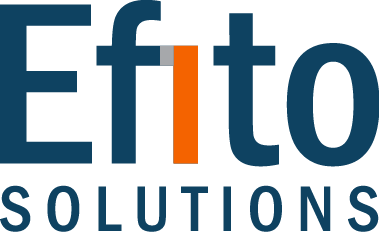

In the fast-paced world of software development, agility, and innovation are prized assets. For many startups and founders, leveraging open-source code and maintaining lean teams seem like the perfect recipe for success. However, this seemingly straightforward path can hide pitfalls and challenges that, if not navigated carefully, can lead to unforeseen complications. In this blog post, we explore the warnings and considerations for software founders developing apps with lean teams and open-source code.
The Allure of Open Source:
Open source software offers a wealth of benefits — it’s cost-effective, community-driven, and can accelerate development timelines. For lean teams with limited resources, utilizing open-source libraries and frameworks can seem like a dream come true.
The Risks and Challenges:
The Lean Team Challenge:
Lean teams often wear multiple hats, juggling development, testing, and support. This limited bandwidth can make it challenging to keep track of the evolving open source landscape and the potential risks associated with it.
Best Practices for Mitigating Risks:
Conclusion:
While open-source software is a powerful resource, software founders with lean teams must tread carefully. Vigilance, due diligence, and a proactive approach to addressing challenges are essential. By understanding the risks, embracing best practices, and staying abreast of industry developments, software founders can harness the benefits of open source while safeguarding their applications and businesses. In the open-source maze, knowledge, caution, and strategic planning can lead to successful navigation and the realization of innovative, secure, and stable software solutions.